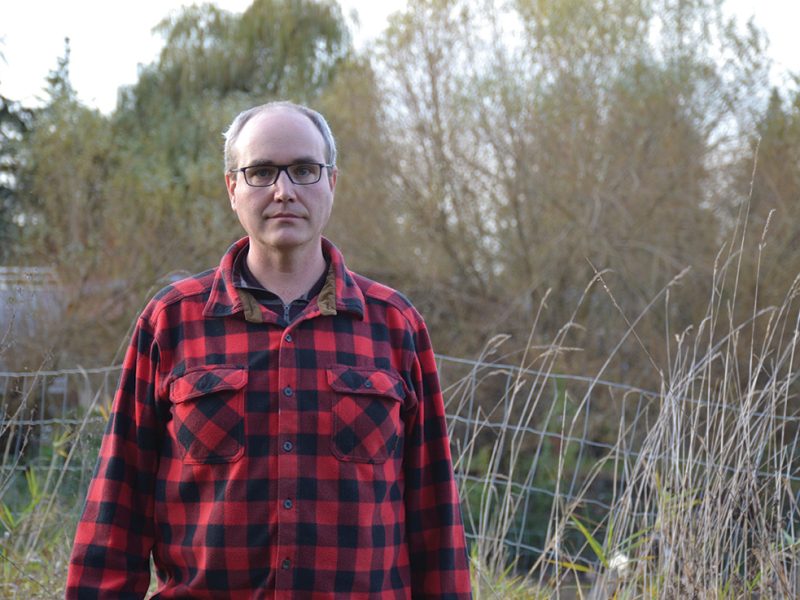BC farmers facing a broken water licensing system should look to community partnerships as a potential solution, according to Chris Bodnar, who farms in the Fraser Valley.
Speaking at the Lower Mainland Horticultural Conference in January, Bodnar described how collaboration with the Kwantlen First Nation led to swift approval of a wetland project on his farm, while provincial processes continue to delay other water management initiatives.
“First Nations involvement is non-negotiable,” Bodnar told the conference. “Agriculture can take a lead in collaborative conversations with First Nations and begin bringing solutions to the table.”
Bodnar’s own experience saw a wetland restoration project move from archaeological assessment to approval in just months with Kwantlen Nation cooperation.
This success stands in stark contrast to the province’s water licensing system, where only 3,600 of an estimated 20,000 groundwater wells have been processed – an 18% success rate. Bodnar’s own well licence took six years to approve, after which he received a back-dated bill for water usage.
The regulatory challenges extend beyond well licensing.
Bodnar shared his farm’s nine-year struggle to complete a drainage project following flooding from upslope logging. While his farm followed official channels – including hydrology assessments, environmental farm plans, and riparian health reports – neighboring farms completed similar work without permits in just one year.
These experiences align with findings from a December provincial report on agricultural watercourse stewardship. The study identified major challenges including uncoordinated government action, complex authorization processes, and lengthy funding applications.
“The regulators need to look at the application to see if they are doing what they are supposed to be doing and get it approved so that work gets done,” Bodnar says. “It doesn’t make sense to hold up projects where people are trying to do beneficial work.”


